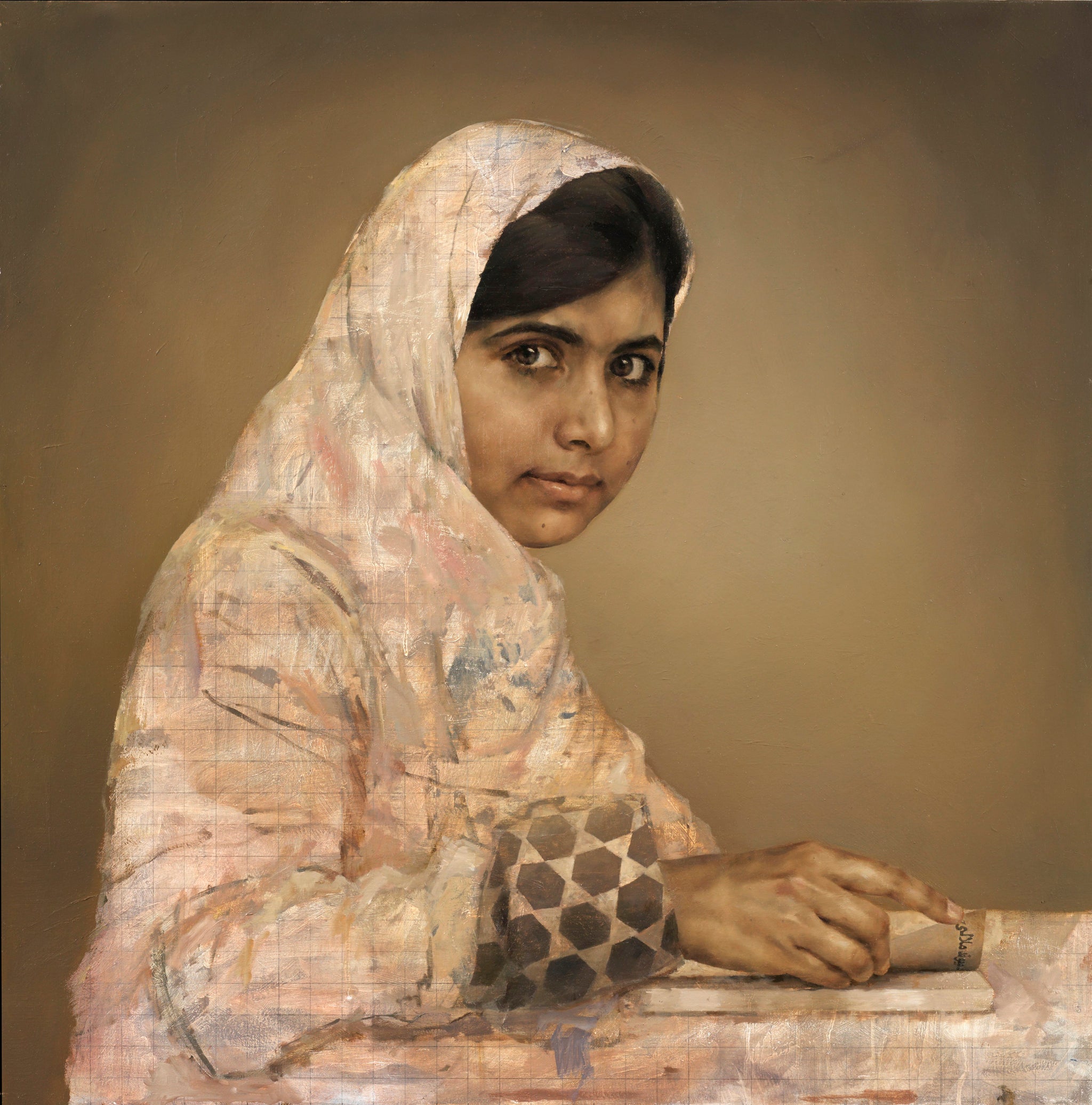Malala must not fall victim to our expectations
As Barack Obama found out, receiving a Nobel Peace Prize can come with a set of unintended and unpleasant consequences

It’s hard to think of a more powerful or uplifting interview subject than Malala Yousafzai. By means of her sheer, bloody-minded goodness and intelligence she has rendered the inhuman savagery of the Taliban’s attempt on her life self-defeating. Because they tried to kill her, more little girls will go to school. “I think they might be repenting why they shot Malala,” she told Mishal Husain on yesterday’s Today programme, a sense of mischief just discernible through the sweet solemnity. “Yes, Malala was only heard in Pakistan. But now she’s heard in every corner of the world.”
Ordinarily, famous people who refer to themselves in the third person by first name alone sound as if they’ve lost their grip on reality. Not Malala. In her, it is an unselfconscious act that seems to be borne out of a deep modesty: an understanding that fate has picked her for a purpose bigger than herself, a purpose too big for any one person to contend with on her own.
Malala is not on her own. She has her family. She has a seasoned and sensible team of advocacy workers around her. And she has the goodwill of millions around the world. Over the next few days, as the anniversary of the attempt on her life is marked by the publication of an autobiography and a raft of interviews, her presence will be inescapable. The sense of public affection is so powerful that it may even carry this 16-year-old to the Nobel Peace Prize later this week. If so, she would be the youngest ever recipient. If anyone is worthy of such an honour, it’s her. But I hope she doesn’t get it. It feels churlish to say so when the prize would form so poetically just a coda to the first part of her story. But the Nobel is not only about justice, as Barack Obama found out a few years ago: it is also a powerful political act. And, as with Obama, this is a decision that would come with a set of unintended consequences.
Yes, it would give her mission additional weight, making still more people aware of the importance of education for girls. But Malala is already viewed with some cynicism by many in Pakistan, even seen in some quarters – quite unfairly – as a mouthpiece for Western ideas that are not her own. It would do her no favours to pollute her message further with an unfortunately tarnished bauble. It would resemble the Obama prize in another way, too, justified less by the achievements she has already made than by the expectation of good works yet to be done. That’s one demand to make of a middle-aged politician, but quite another to make of a girl who never asked to be shot. That she has embraced this chance to do good is remarkable, but she, too, deserves an education. It would be a strange irony if the rigours of Malala’s growing campaign deprived her of exactly the benefit that she is so determined to secure for others.
Against all that is the warm global glow that would come from seeing her accept the honour. But that glow – a glow that is not so much to do with feeling good about Malala as it is about feeling good about ourselves – is exactly what we must guard against. Prizes, in the end, should come with victories. And as Malala herself will never stop reminding us, this is a battle that has barely begun.

Join our commenting forum
Join thought-provoking conversations, follow other Independent readers and see their replies